Motherhood is never only personal when war shapes your homeland. From a maternity ward in Glasgow to memories of Gaza’s scarred hospitals, Azza Ahmad traces the intimate and political threads of giving life between two worlds.
by Azza Ahmad
When I became pregnant in Scotland, I carried more than a child. I carried Gaza with me. Every step of my journey into motherhood was framed by thoughts of home, by the women giving birth amid bombardment, by children entering the world into hunger and fear, by families who grieve and endure all at once. My body was safe here in Glasgow, but my heart lived between two worlds.
I left Gaza in September 2020 after receiving a scholarship. My last memories before leaving were shaped by siege and repeated escalations. I remember endless power cuts, the restless nights broken by drones, the smell of dust after bombings, and the crowded gatherings of families who tried to preserve joy under the weight of blockade and fear. Those memories travelled with me across the border, and they continue to shape how I live, how I mother, and how I carry Gaza within me even from afar.
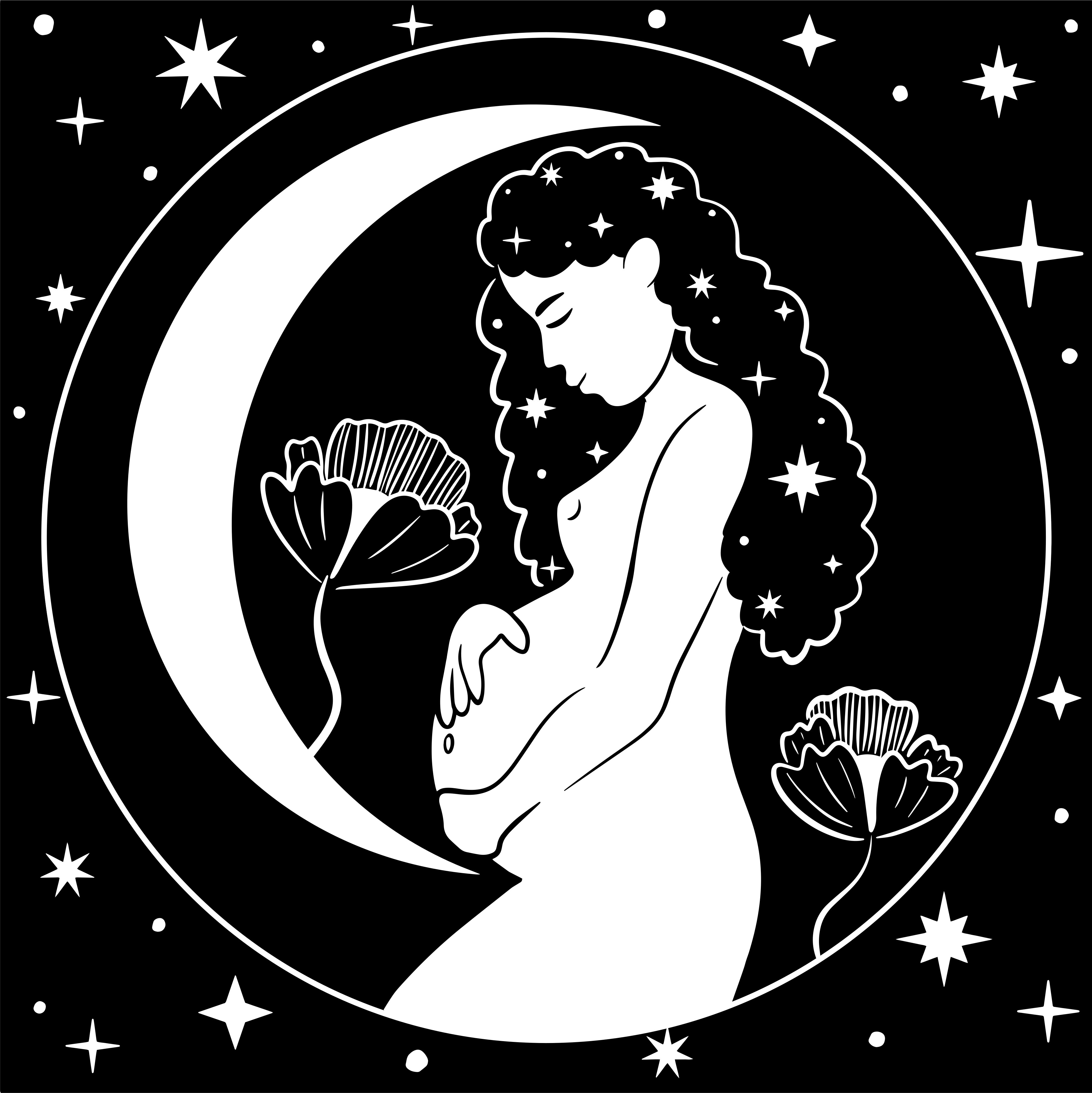
Pregnancy in Scotland, memories of Gaza
At my first NHS appointment, I sat in a bright waiting room surrounded by posters of smiling women, leaflets about breastfeeding, and clean photographs of newborns wrapped in soft blankets. The clinic was calm and sterile, the opposite of the world I had left behind. As I looked around, I thought of Gaza’s maternity wards, where beds are scarce, medicines run out, and hospitals are struck by missiles again and again.
The World Health Organisation estimates that over 50,000 women in Gaza give birth every year, and at least 15% endure complications without proper medical care. Doctors have no access to sterile equipment, while others are forced to deliver in makeshift shelters. The fear of not surviving labour is a reality for many. Sitting in that clinic, I felt both grateful and guilty. Why should I have access to ultrasounds, blood tests, safe midwifery, while women back home counted the hours until the generators failed?
During my pregnancy, food connected me to Gaza in painful ways. UNICEF reported that, in the first five months of 2025, more than 16,700 children in Gaza were treated for acute malnutrition, which is over one hundred every single day. At least 1,360 infants face the risk of dying from hunger. Shortages of clean water and formula made survival even harder. I gained strength with every meal in Scotland, but it never felt complete. I carried the knowledge that babies in Gaza were born into hunger even before they had taken their first breath.
Every ultrasound in Scotland came with a mixture of joy and pain. The sonographer showed me the tiny heartbeat pulsing on the screen. Relief filled me, but at the same moment, my mind drifted to Gaza, yet again, where many women had no chance to see their unborn child.
UNICEF has said that nearly 20,000 babies were born in Gaza in just the first 105 days of the escalation, which means one baby every ten minutes. Many were delivered without electricity or clean water. I carried my child in safety, but could not forget that others had the same experience, but unlike safety, all they had was terror. My pregnancy became a constant amalgamation of gratitude and survivor’s guilt.
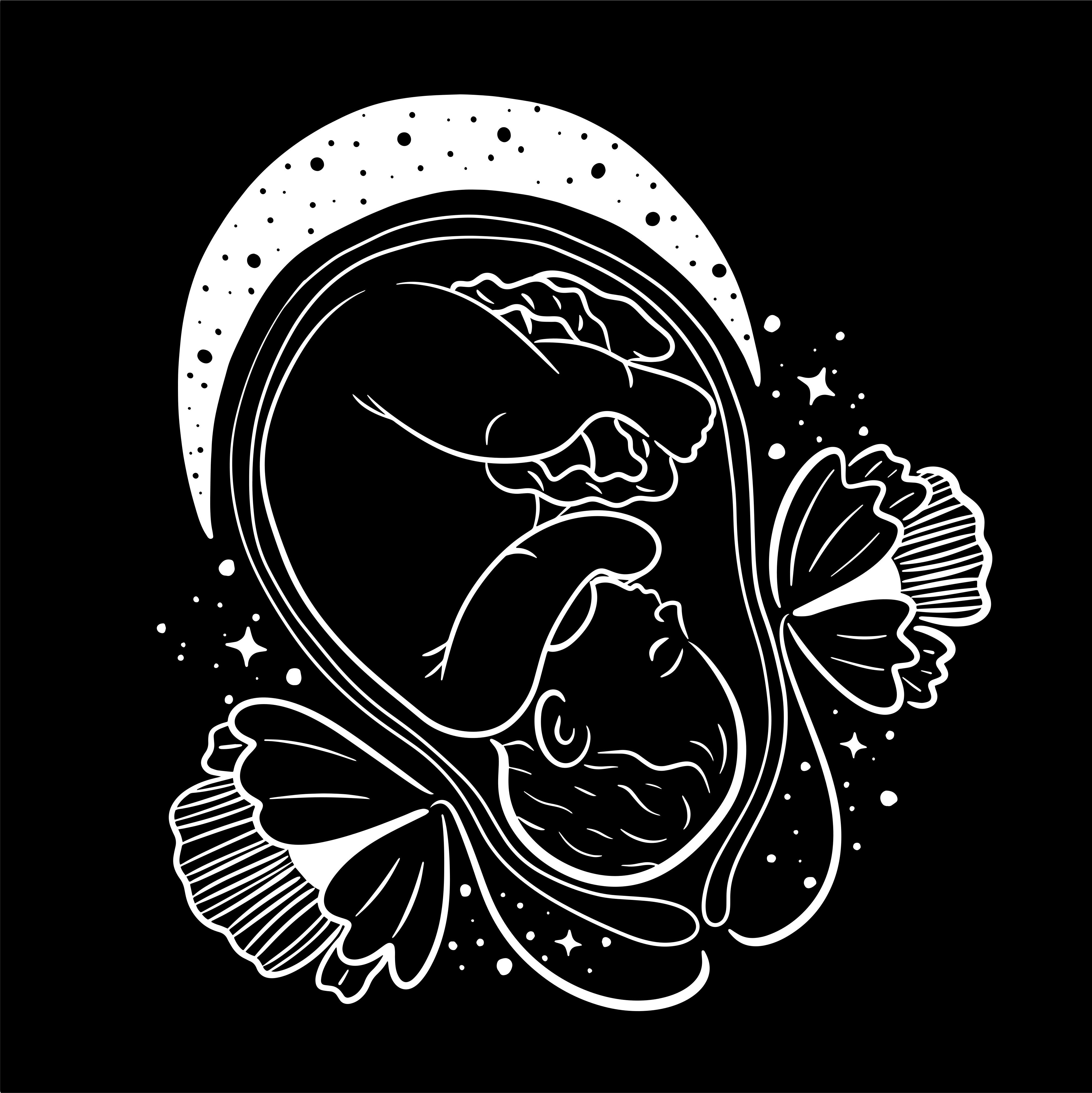
The silence of separation
In Gaza pregnancy is never a private journey. It belongs to the community. Aunts, cousins, neighbours – they surround you with advice, laughter, and food. In Scotland, I often sat alone. After appointments, I returned home carrying leaflets I could not concentrate on. I wanted to share the daily milestones with family. Instead, I called over video, the screen blurred by bad internet, voices fading with every power cut.
I missed the small rituals. In Gaza baby clothes are embroidered by hand, sweets are shared with neighbours, and a celebration is held even before the child is born. Here my pregnancy passed quietly, almost invisibly. Loneliness was constant.
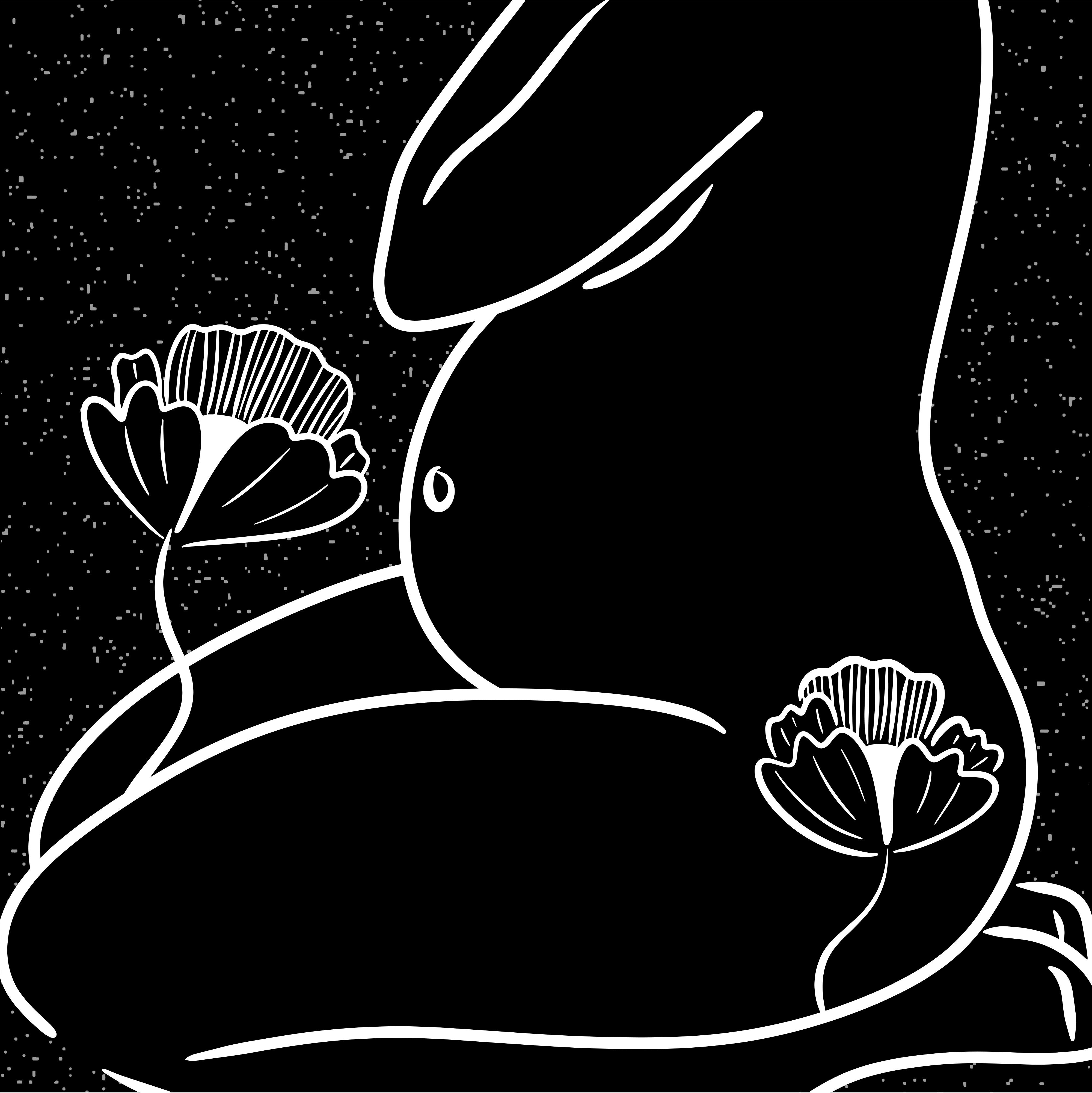
Finding Amma And Giving birth far from home
One thing that eased the loneliness was Amma Birth Companions, a Glasgow-based charity supporting women through pregnancy and early parenthood. Amma volunteers sat with me, explained medical terms I struggled to understand, and listened when I needed to talk. After my daughter was born, they visited, brought baby essentials, and checked how I was coping. Their care reminded me of the sense of community I missed.
When the day came, I gave birth in a safe hospital with kind midwives, pain relief, running water, and sterile instruments. As I laboured I thought of Gaza. Only nine of Gaza’s fourteen maternity hospitals are still functioning, and many lack fuel, staff, or medicine. Premature births have risen by nearly one-third and miscarriages have tripled since the genocide began. Two women die every hour in Gaza from pregnancy-related complications.
I held my baby in safety but thought of those delivering in tents, on classroom floors, or in overcrowded shelters. Some had no one to cut the cord, wrapping their babies in cloth torn from old clothes, because there were no blankets. When I looked at my daughter’s face I felt love, relief, and grief all together. She was born into safety, but she was also born into separation. She would never know the embrace of her grandparents or the crowded joy of a Palestinian homecoming.
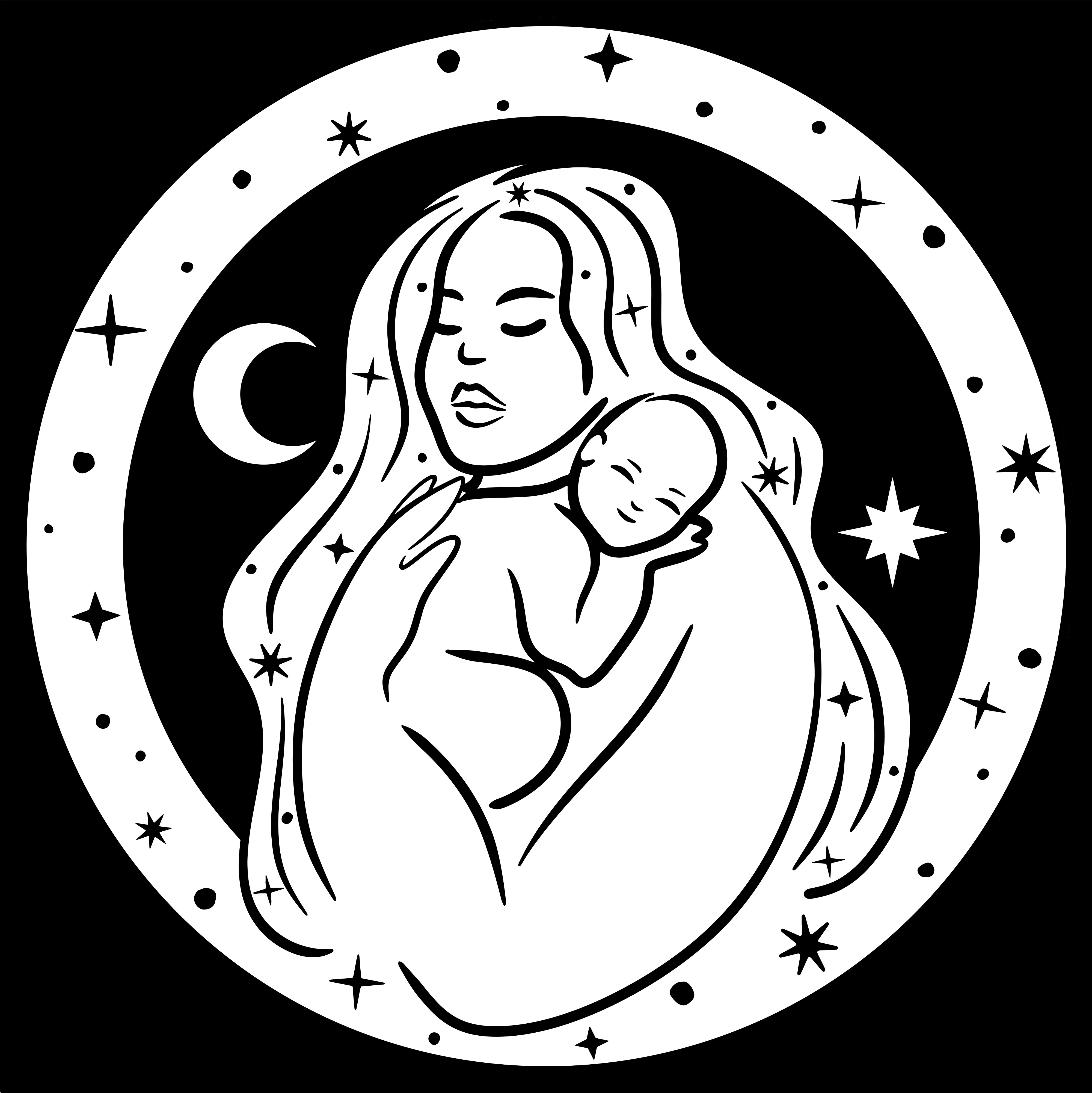
Early motherhood in Scotland
The first weeks of motherhood were filled with silence. In Gaza new parents are rarely alone. Family and neighbours surround them with food and advice. In Glasgow I rocked my baby in the quiet of a room, the walls echoing with every cry.
My mind returned again and again to Gaza, where infants are breastfed while bombs fall, where formula is nearly impossible to find, where babies cry from hunger. UNICEF reports that 16,736 children in Gaza were admitted for treatment for malnutrition in the first 150 days of 2025, an average of 112 per day. Nearly 12,000 children under five in Gaza have acute malnutrition as of July 2025. More than 71,000 children in Gaza are at risk of acute malnutrition.
I had enough food, milk, and a safe shelter. But the images of Gaza’s starving babies never left me.
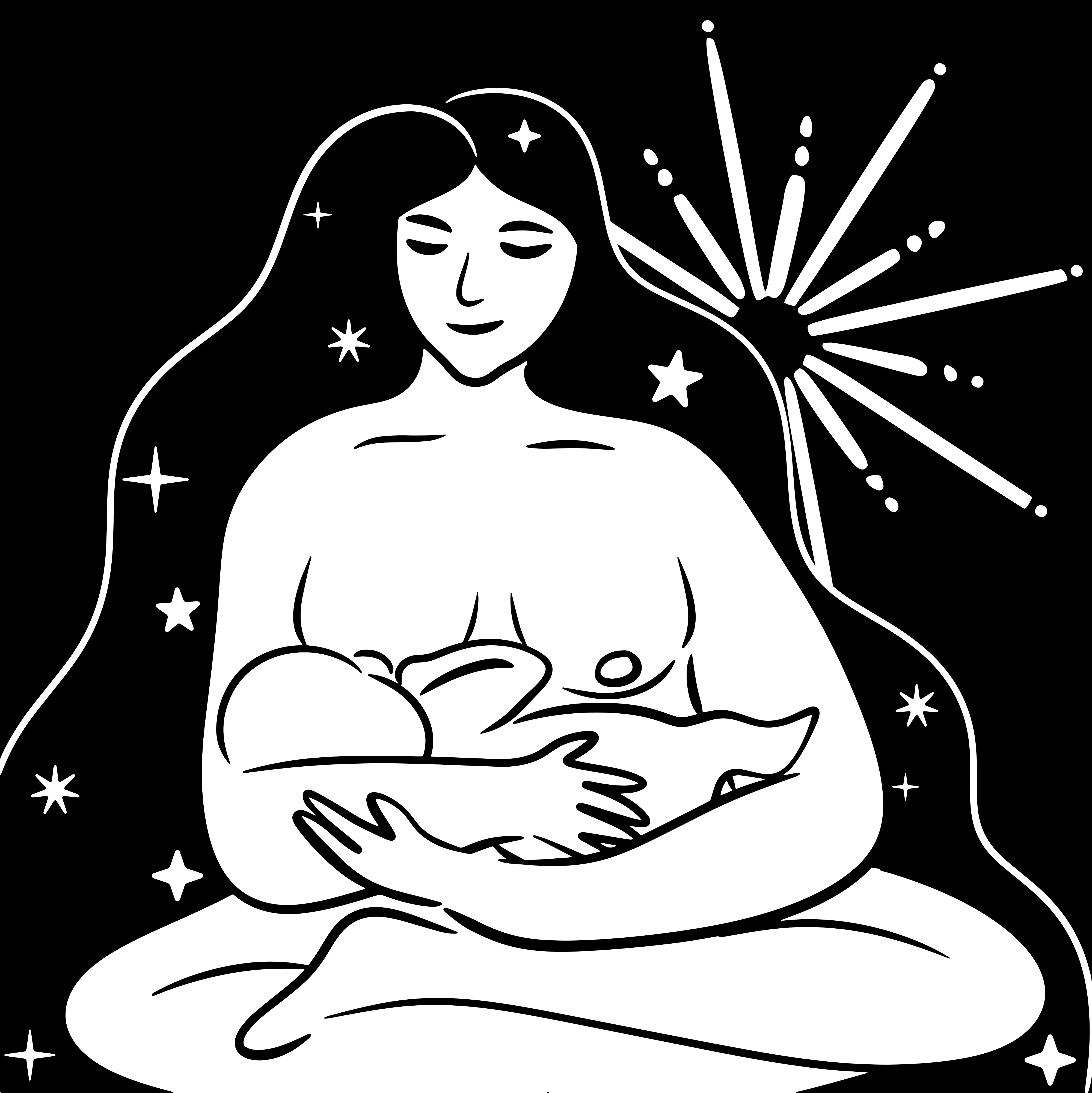
Parenting between the two worlds And The weight of comparison
Now as I raise my daughter I live constantly between gratitude and grief. I take her to the park and watch her play safely. But my mind always wanders off to Gaza’s children growing up among rubble. I bring her to the doctor and remember those walking miles with sick children because ambulances cannot reach them.
Her first smile, her first laugh, her first steps fill me with joy. At the same time, they remind me of the children in Gaza who will never reach theirs. Every milestone is shadowed by loss.
Comparison is everywhere. When I feed her I think of infants in Gaza without clean water. When I put her to sleep, I imagine the children in tents who wake to the sound of drones. When I push her stroller on Glasgow’s streets, I remember families in Gaza pulling children through rubble, searching for safety.
More than 400,000 cases of infectious disease have been reported among displaced families in Gaza, from respiratory infections to diarrhoea caused by unsafe water. Every routine task I perform here—feeding, bathing, comforting—feels like a privilege denied to thousands.
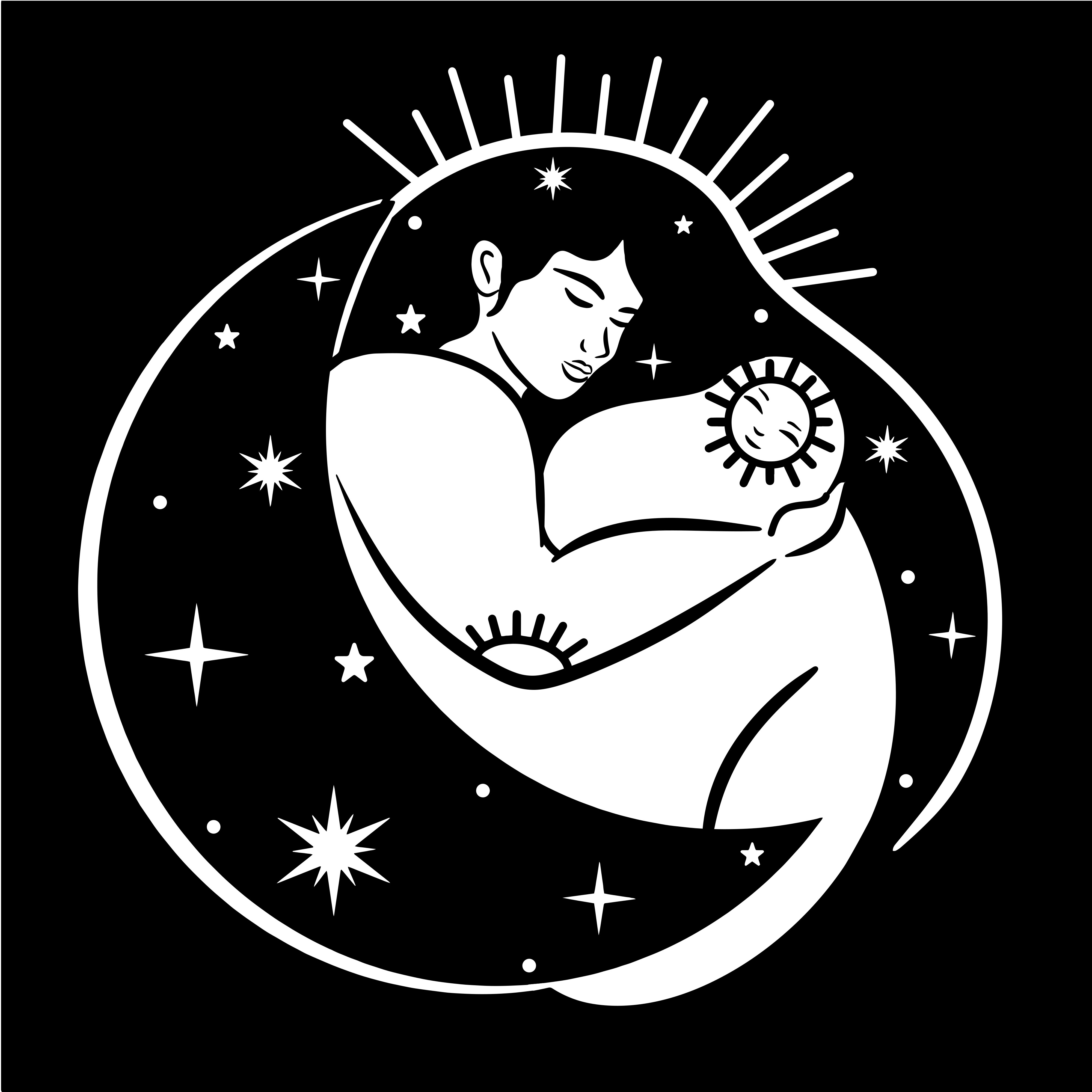
What motherhood Taught me And Looking Forward
Motherhood has given me strength but it has also deepened my grief. I do not raise only my daughter; I hold in my heart the memory of babies who never survived long enough to be held.
Writing my story is not just personal. It is about showing what it means to be a Palestinian woman, to give birth in a safe environment while Gaza suffers, to nurture a child with love while carrying the grief of an entire people.
Even here in Scotland, I do not escape the war. It lives inside me. It shapes my pregnancy, my birth, and my parenting. I carry two worlds every day, one in my arms and one in my memory.
I hope my daughter will grow up knowing both her roots and her rights. I hope she will walk the streets of Gaza one day without fear, meet her family, and taste the food I craved during pregnancy. I hope she will never have to explain her existence through war and loss.
Until then, I will raise her here in Scotland between two worlds. She is my reminder of life, even as Gaza reminds me of loss. My motherhood is marked by grief but it is also marked by love that cannot be broken.
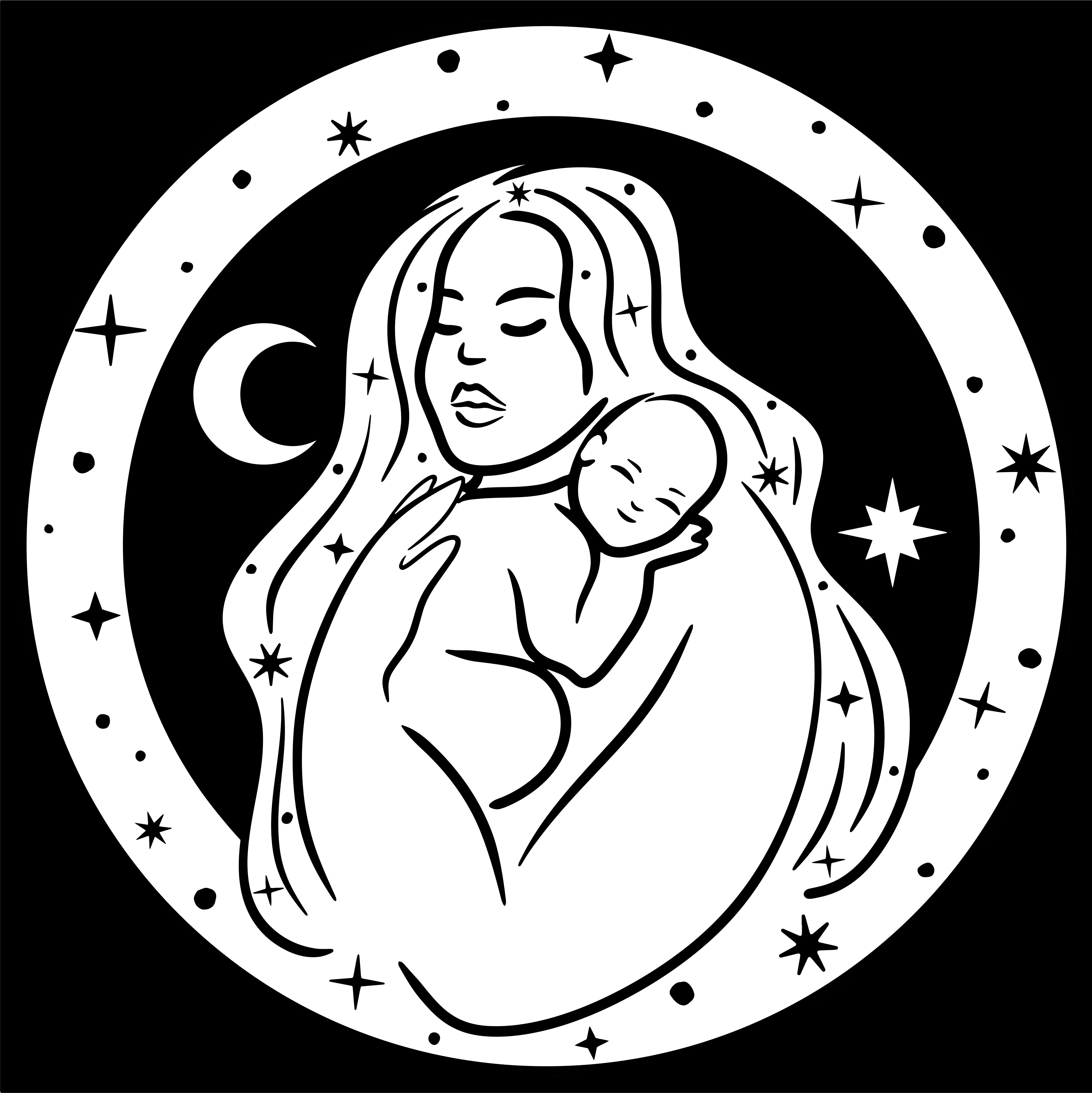
Azza Ahmed is a PhD candidate in Humanitarianism and Conflict Response at the University of Manchester. She holds a Master’s degree in International Education and Development from the University of Sussex and a Postgraduate Diploma in Refugee and Forced Migration Studies from the University of Oxford. Her academic and professional background focuses on education in emergencies, refugee rights, and displacement. Born and raised in Gaza, Azza worked with the United Nations Relief and Works Agency (UNRWA), supporting education programming in contexts of conflict and siege. She currently works as a Legal Access Caseworker at Care4Calais and serves as a Voices Network Ambassador with the British Red Cross in Scotland, where she advocates for the rights of refugees and asylum seekers.



